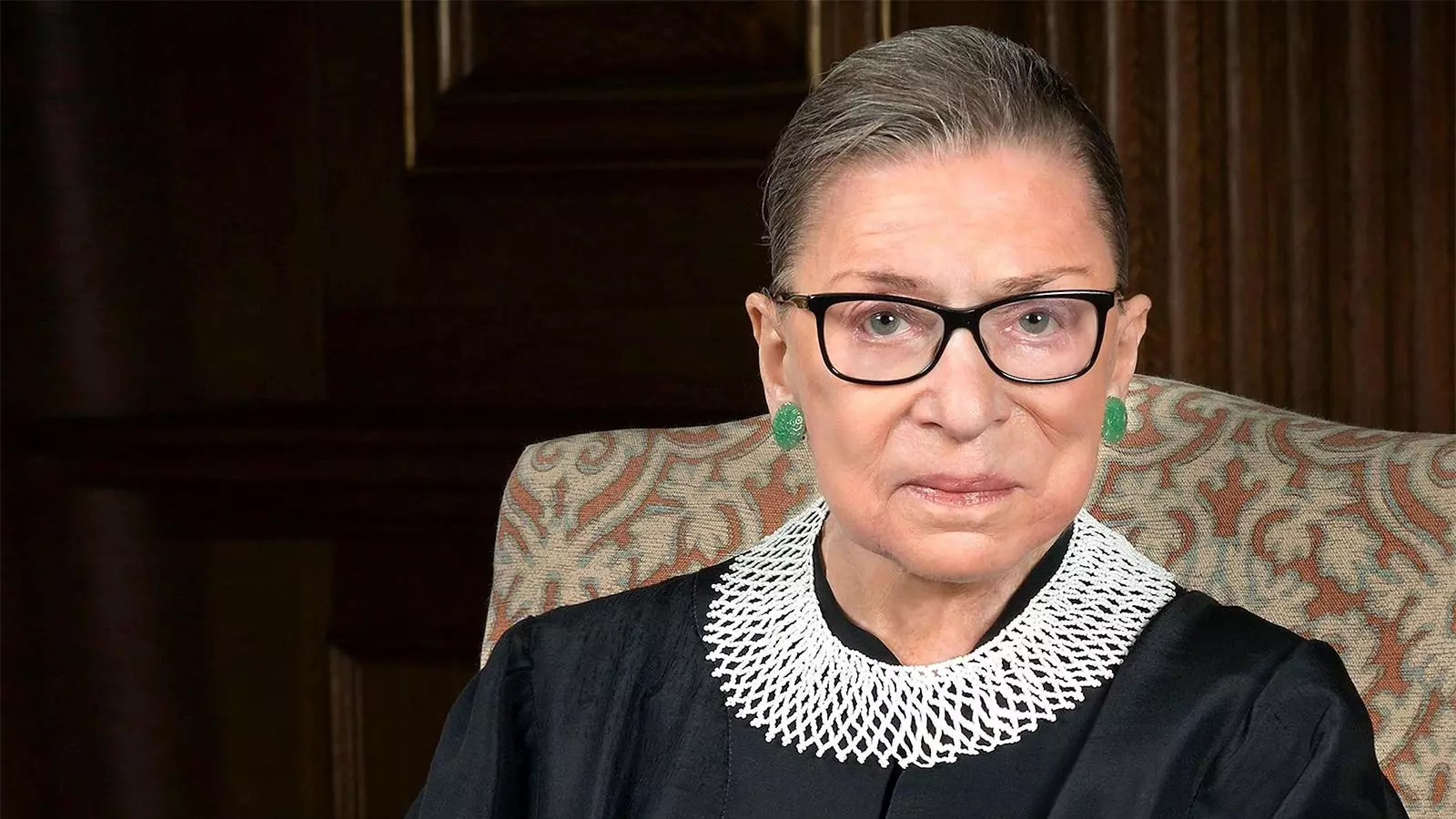In a highly publicized case that intertwines legal ethics, healthcare privacy, and profound personal breach, Trent Russell, a former transplant coordinator, was sentenced to two years in prison for unlawfully accessing the medical records of late Supreme Court Justice Ruth Bader Ginsburg. This distressing tale is not merely about one man’s transgressions but also highlights the glaring issues surrounding medical privacy, trust in healthcare professionals, and the psychological motivations that lead individuals to violate ethical standards.
A Breach of Trust in Healthcare
Trent Russell worked in a position of immense trust and responsibility, a role that granted him access to sensitive medical information across regional healthcare facilities. His actions raise significant concerns about the integrity of healthcare systems and the measures in place to protect patient confidentiality. The severity of his crime stemmed not just from the act of accessing Justice Ginsburg’s medical records without authorization, but also from the subsequent dissemination of that information, which included unfounded rumors regarding her health. This incident propels the conversation about how the healthcare industry must bolster its defenses against insider threats and ensure that only those with a legitimate purpose can access sensitive data.
Russell’s conviction for illegally accessing confidential records and manipulating them underscores the ethical failures found within segments of the medical community. The responsibilities shouldered by healthcare providers encompass a childlike faith in their guardianship of private information. Once that trust is broken, not only is individual privacy compromised, but the public’s faith in the healthcare system can also erode rapidly.
The trial presented Trent Russell as a man whose excuses felt less than credible. His implausible claim that his cat might have inadvertently accessed Ginsburg’s data illustrates an alarming reluctance to accept responsibility for his actions. Court observers unable to fathom Russell’s motivations identified a troubling trend where an individual’s sense of impunity can lead to skewed recklessness. This behavior prompts deeper questions about the psychological mechanisms that drive people to act against the very codes of ethics they have pledged to uphold.
Russell’s behavior diverges from nobler motives that we often like to attribute to those in the medical field. His lawyer attempted to paint him as a misunderstood hero whose actions were due to momentary lapses in judgment. However, the court’s focus wasn’t solely on Russell’s past commendable actions, such as his military service or contributions to saving lives through organ transplants. The arguments ultimately exposed the tension between an individual’s admirable history and their potential for egregious misconduct.
Justice Ruth Bader Ginsburg was not only an esteemed member of the Supreme Court but also a symbol of resilience and justice. Public figures, particularly those who have been unwell, often become targets for speculation and invasive scrutiny. The case surrounding Trent Russell illuminates how Ginsburg’s status heightened the severity of the breach in privacy, as her age and health were matters of public concern that had generated widespread discussions.
This predicament brings forth ethical dilemmas concerning media coverage and public discourse surrounding individuals in high positions, especially in matters of health. While some may argue that Ginsburg’s platform renders her a less vulnerable victim, her extraordinary influence should protect her from such betrayals of privacy. The duality of being in the public eye underscores a societal failure to balance the interests of public awareness and personal privacy, particularly within the healthcare landscape.
The sentencing of Trent Russell serves as a stark reminder of the vulnerabilities that exist within our healthcare system, particularly regarding the safeguarding of personal medical information. This case demands that professionals adhere to a stricter ethical framework and emphasize the importance of protecting patient confidentiality against potential breaches from within.
Additionally, the broader societal implications urge a re-evaluation of how we approach discussions surrounding health information, especially for public figures. As the landscape evolves, we must advocate for stronger protections and training for healthcare entities, ensuring that trust is restored, and individual privacy remains paramount. In reflecting on this troubling case, let it serve as a catalyst for change—promoting not just accountability but also an unwavering commitment to the principles of privacy and respect in all interactions within the healthcare ecosystem.


Leave a Reply